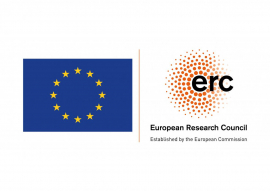Abstract
Improvements in technology are enabling firms to collect and process increasingly large amounts of detailed information about their customers and their competitors. This growing use of data is fundamentally changing the nature of competition. For example, it is affecting i) how firms compete, as they offer collections of services, ii) the level at which firms compete, as they make personalised offers to individual consumers, and iii) the complexity of firms’ strategies, as they increasingly delegate decisions to algorithms.
The research in this proposal will deepen our understanding of how data is changing market power, and how this should be reflected in antitrust and competition policy. There are four key themes:
1. Ecosystems. Many online services are grouped together in ecosystems. These services interoperate with each other and share data. The research will examine how data affects the boundaries of ecosystems. It will also analyse the welfare implications of policies that limit how ecosystems can use data.
2. Personalisation. Data can be used to give consumers a personalised experience. The research will look at how the ability to offer personalised products changes competition and efforts to acquire data. The research will also examine how personalisation affects the incentives to engage in anti-competitive practices like predation.
3. Consumer Search. Consumers often need to search in order to learn about firms’ product offerings. The research will explore how a consumer’s search behaviour generates data. It will also examine a firm’s incentive to manipulate the search process in order to learn more about a consumer’s preferences.
4. Algorithms. Data is a crucial input into algorithms. The research will examine whether platform algorithms can use certain types of data to prevent sellers from charging less on other sales channels. The research will also investigate whether seller algorithms can autonomously learn anti-competitive behaviours like predation.
Contact in TSE: Andrew Rhodes

